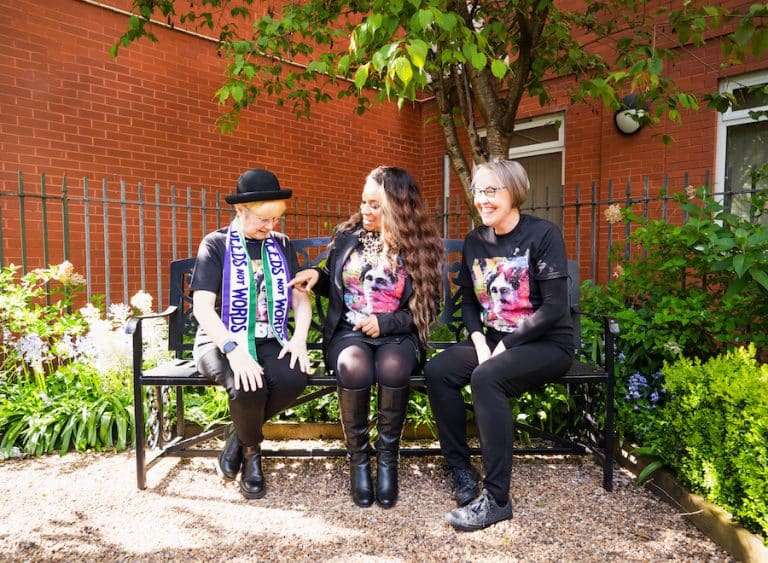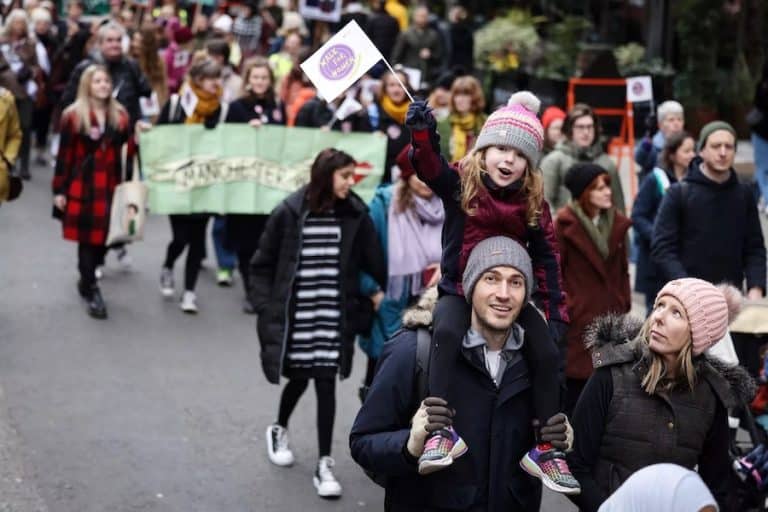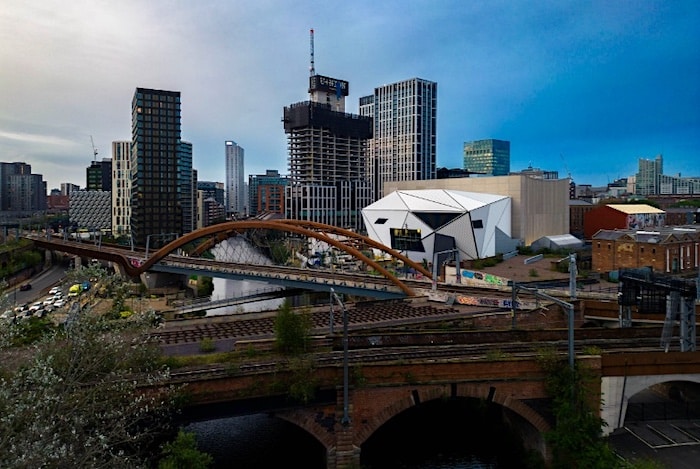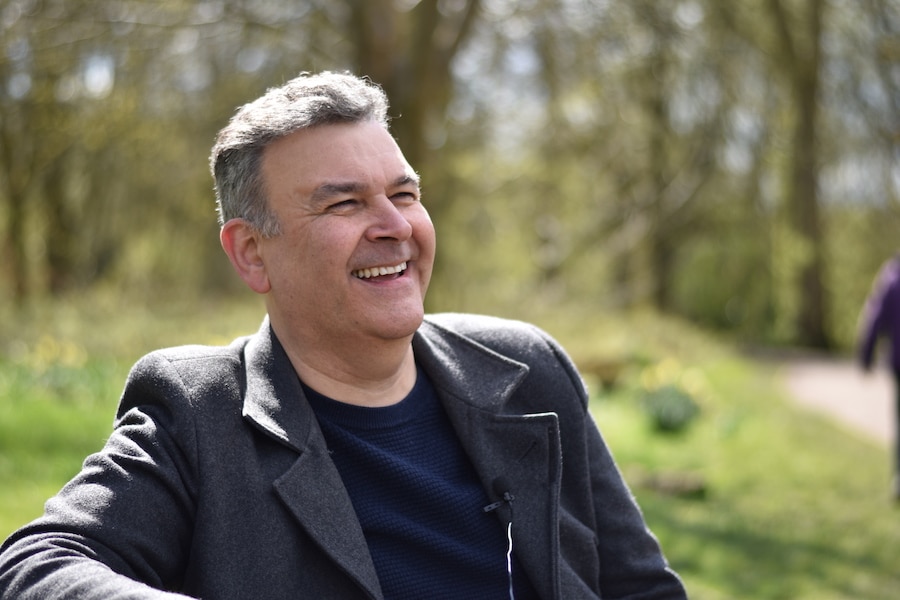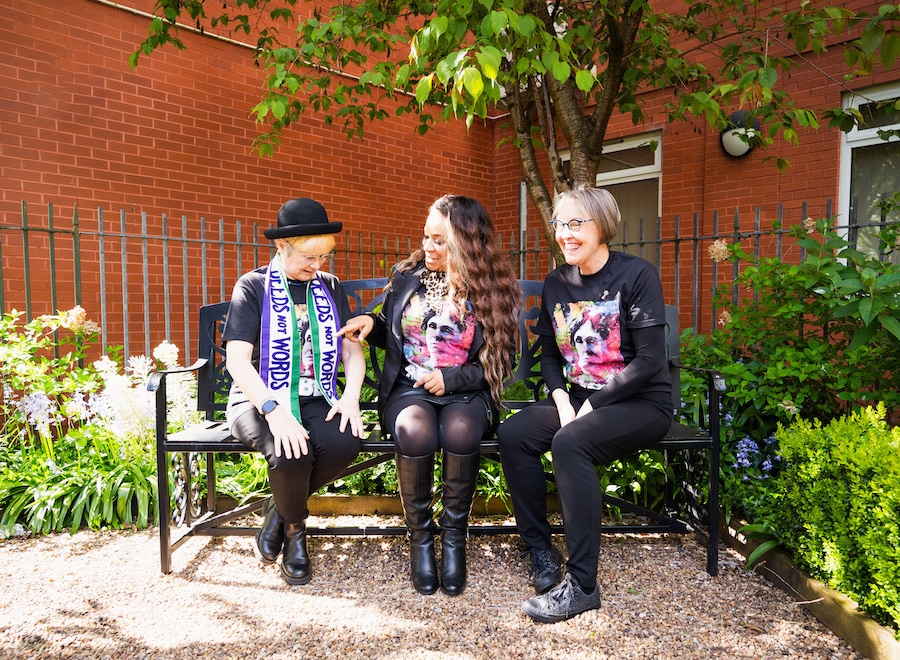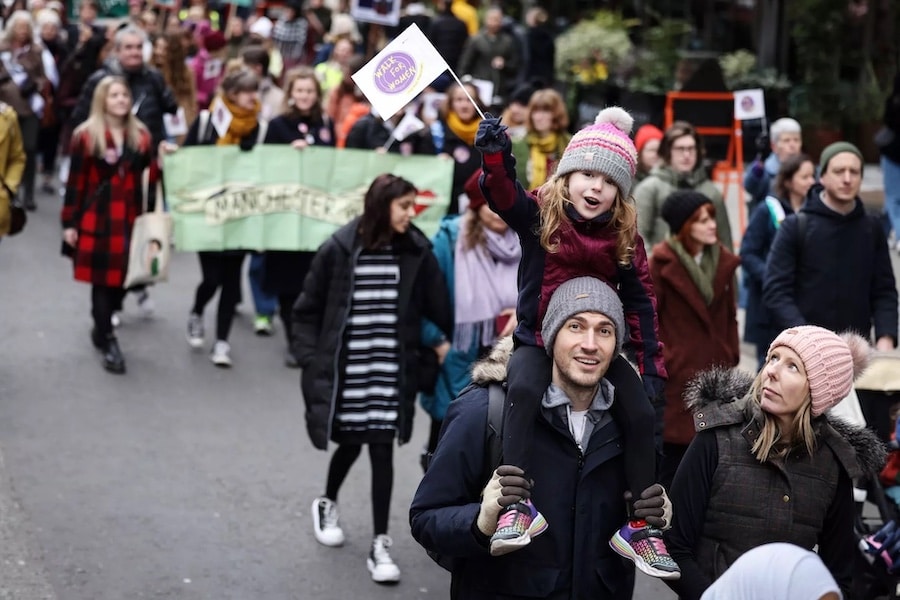Just who was Red Ellen, subject of People’s History Museum’s brand-new exhibition?
- Written by Thom Bamford
- Last updated 5 months ago
- History, People
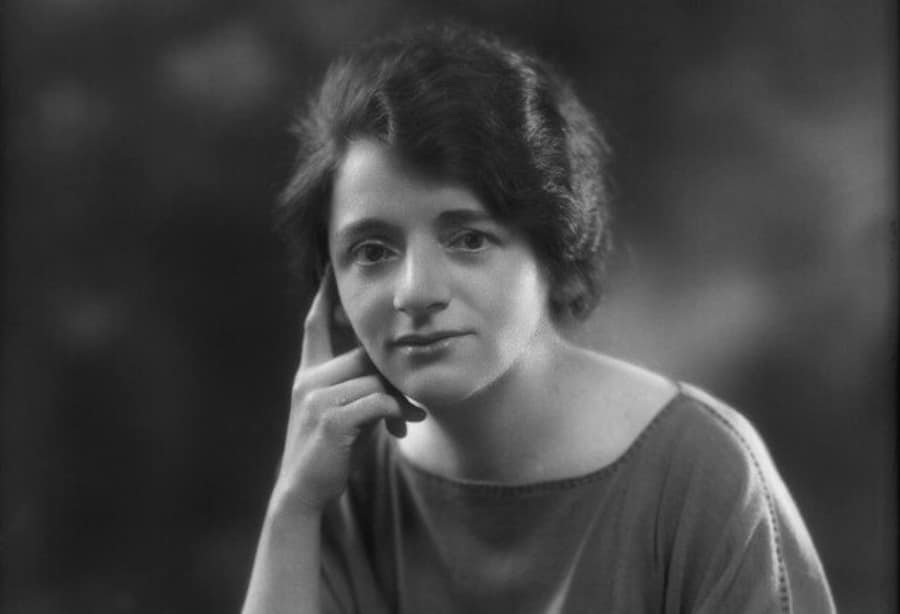
This November, the People’s History Museum (PHM) is shining a spotlight on one of the North’s most indomitable figures, Ellen Wilkinson.
Known as “Red Ellen,” Wilkinson’s legacy as a champion of social justice, a fiery parliamentarian and an indefatigable advocate for the working class is being celebrated in a special event on Saturday, 9th November.
Marking the centenary of her election to Parliament, the exhibition dives into her life and times, inviting visitors to explore her world through an extensive collection of personal archives, artefacts, and exhibits that bring her story to life.
The Rise of “Red Ellen”
Ellen Wilkinson was born in 1891 in Manchester, a city that shaped her deep commitment to social justice from an early age.
She earned her nickname “Red Ellen” not just for her trademark fiery red hair, but also for her impassioned embrace of socialist ideals and her fight for the rights of working people.
When she entered Parliament on 29th October 1924 as one of the first women MPs, she brought with her a determination to address the inequalities she had witnessed growing up in the industrial North.
Representing Middlesbrough East, she was a beacon for change in an era where women’s voices were still largely marginalised in British politics.
In 1935, Wilkinson was elected as MP for Jarrow, a struggling industrial town that would soon become synonymous with her name.
Wilkinson’s dedication to her constituents culminated in the Jarrow Crusade, a moment that remains one of the defining acts of solidarity in British history.
The exhibition captures this defining period, immersing visitors in the sights, sounds, and emotions of those 282 miles Wilkinson and her companions walked in pursuit of justice.
The Jarrow Crusade
The year was 1936. The Great Depression had taken a severe toll on Jarrow, with the town’s shipyard and steelworks shut down, leaving thousands unemployed.
Wilkinson, along with local leader David Riley, spearheaded the Jarrow Crusade—a monumental march that saw 200 men walking from Jarrow to London.
Their mission was clear: to bring attention to the urgent need for employment in their town and to implore the government to take action.
Over 26 gruelling days, they trekked to Parliament, gathering support along the way and drawing national attention to Jarrow’s plight.
Upon reaching Parliament, Wilkinson presented a petition bearing 12,000 signatures to the government, demanding action.
This heartfelt plea, born out of a genuine concern for her constituents, remains one of the most memorable acts of civil protest of the 1930s.
The exhibition offers a chance to see original press cuttings, photographs, and even handwritten notes from Wilkinson herself, offering an intimate glimpse into this iconic journey.
Visitors can delve into the history of the Jarrow Crusade through these poignant artefacts, feeling the weight of the struggle and the impact of Wilkinson’s resolute spirit.
Education pioneer and cabinet minister
After her efforts in Jarrow, Wilkinson continued to break barriers.
In 1945, she was appointed Minister for Education, becoming only the second woman ever to serve in the British Cabinet.
During her tenure, she introduced transformative changes that shaped the educational landscape. From the provision of free school milk to raising the school leaving age to 15, Wilkinson’s impact on education was profound.
Her advocacy for expanding university scholarships opened doors for countless students, especially those from working-class backgrounds who had previously been excluded from higher education.
The PHM’s exhibition takes visitors inside Wilkinson’s personal records and correspondence, shedding light on her political philosophy and the many battles she fought.
Alongside her achievements, Wilkinson faced setbacks, such as losing her Middlesbrough seat in 1931. But even in defeat, she remained undaunted, returning to Parliament with renewed vigour in 1935.
The exhibition’s curators, Helen Antrobus and Dr. Tessa Chynoweth, provide a nuanced view of Wilkinson’s career, balancing her triumphs with her challenges, and showing her as a fully realised, complex individual.
A glimpse into Ellen’s World
Central to the exhibition is the opportunity to explore Wilkinson’s own scrapbooks.
These are no ordinary collections—they are vibrant, personal records that provide a firsthand look at Wilkinson’s life and thoughts from the early 1920s until her death in 1947.
On display will be five of her six scrapbooks, which are filled with press clippings, photos, and notes that document both her public and private life.
Wilkinson’s scrapbooks serve as a window into her relentless work ethic and her personal reflections on the tumultuous times in which she lived.
The PHM also boasts other artifacts from her life, including copies of The Labour Woman magazine to which she regularly contributed, as well as correspondence from her time supporting the Republican side in the Spanish Civil War.
Each piece in the exhibit serves as a testament to Wilkinson’s internationalist perspective, her passion for activism, and her commitment to social justice.
Legacy and Continuing Inspiration
Wilkinson’s story does not end with her.
She paved the way for future generations of women in politics, including today’s Deputy Prime Minister Angela Rayner, who represents Ashton-under-Lyne, a constituency Wilkinson contested back in 1923.
Rayner herself is a proud redhead and has often cited Wilkinson as an inspiration.
In a fitting tribute, the PHM now displays the jacket Rayner wore during her first appearance at Prime Minister’s Questions—a tangible link between Wilkinson’s trailblazing legacy and contemporary political life.
Additionally, visitors to the exhibition can purchase a newly commissioned portrait postcard of Wilkinson by artist Scarlett Rickard, joining a series that includes other influential women like Sylvia Pankhurst and Annie Besant.
These postcards symbolize Wilkinson’s enduring influence and her place among the giants of British social history.
 Ellen Wilkinson Archive Exploration event
Ellen Wilkinson Archive Exploration event
The Ellen Wilkinson Archive Exploration event on 9 November will have two sessions, running from 11 am to 12:45 pm and from 1:15 pm to 3 pm. Tickets are priced at £15, with concessions available. Beyond this special event, the PHM will host a pop-up exhibition on Wilkinson’s life, free for all visitors, from 10 am to 5 pm. And don’t forget to stop by the Open Kitchen Café & Bar for refreshments as you explore the museum’s galleries.
You can get tickets by clicking here
- This article was last updated 5 months ago.
- It was first published on 16 October 2024 and is subject to be updated from time to time. Please refresh or return to see the latest version.
Did we miss something? Let us know: [email protected]
Want to be the first to receive all the latest news stories, what’s on and events from the heart of Manchester? Sign up here.
Manchester is a successful city, but many people suffer. I Love Manchester helps raise awareness and funds to help improve the lives and prospects of people across Greater Manchester – and we can’t do it without your help. So please support us with what you can so we can continue to spread the love. Thank you in advance!
An email you’ll love. Subscribe to our newsletter to get the latest news stories delivered direct to your inbox.
Got a story worth sharing?
What’s the story? We are all ears when it comes to positive news and inspiring stories. You can send story ideas to [email protected]
While we can’t guarantee to publish everything, we will always consider any enquiry or idea that promotes:
- Independent new openings
- Human interest
- Not-for-profit organisations
- Community Interest Companies (CiCs) and projects
- Charities and charitable initiatives
- Affordability and offers saving people over 20%
For anything else, don’t hesitate to get in touch with us about advertorials (from £350+VAT) and advertising opportunities: [email protected]
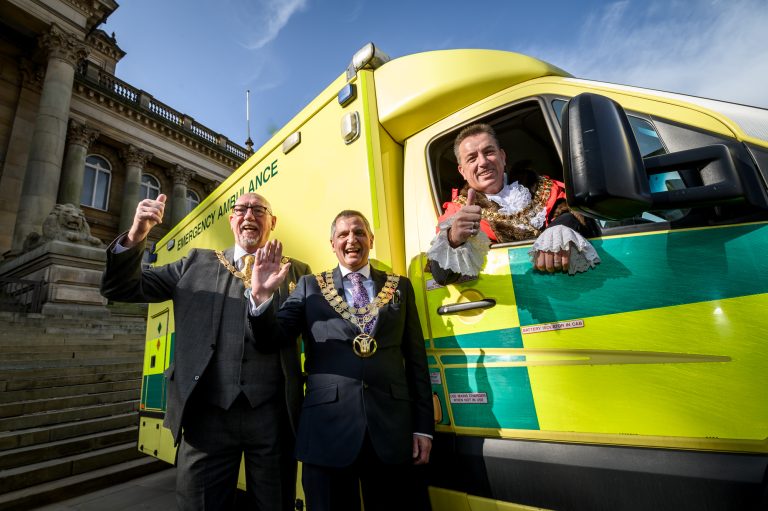
Mayors and veterans unite to drive ambulances of hope to Ukraine
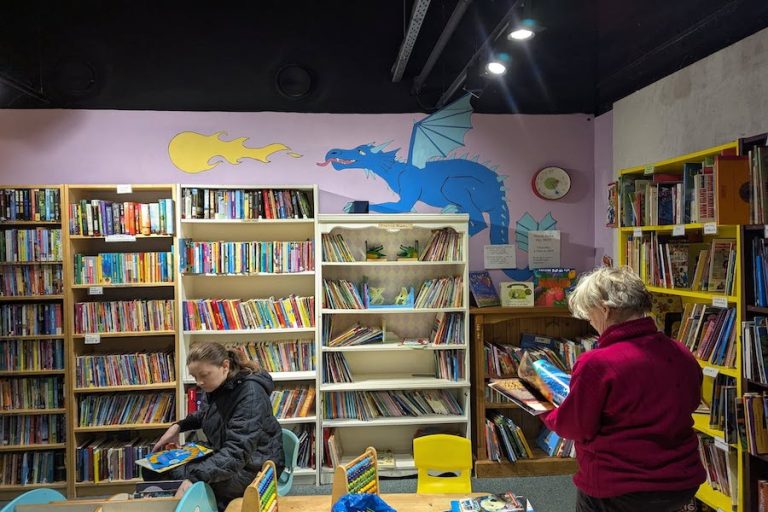
The bookshop where everything is free and everyone gets a warm welcome
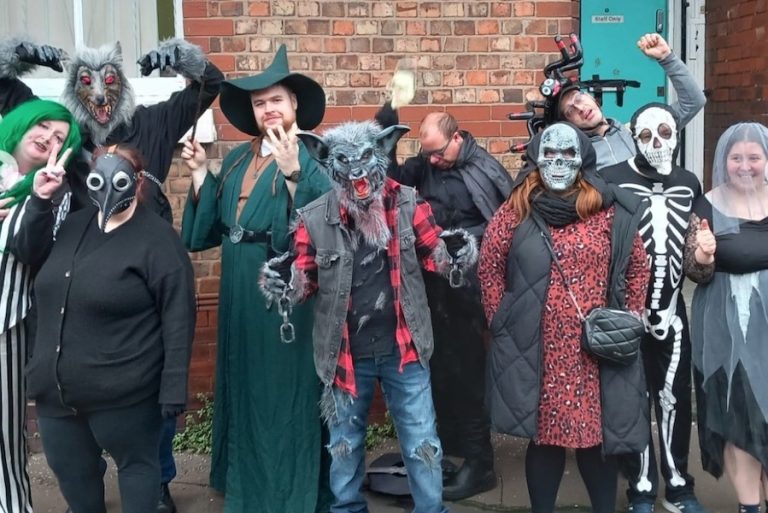
How I AM has been changing lives for neurodivergent people for over 50 years

Review: RNCM Session Orchestra with Tim Burgess and Helen O’Hara is ‘a joyful evening of classics’
